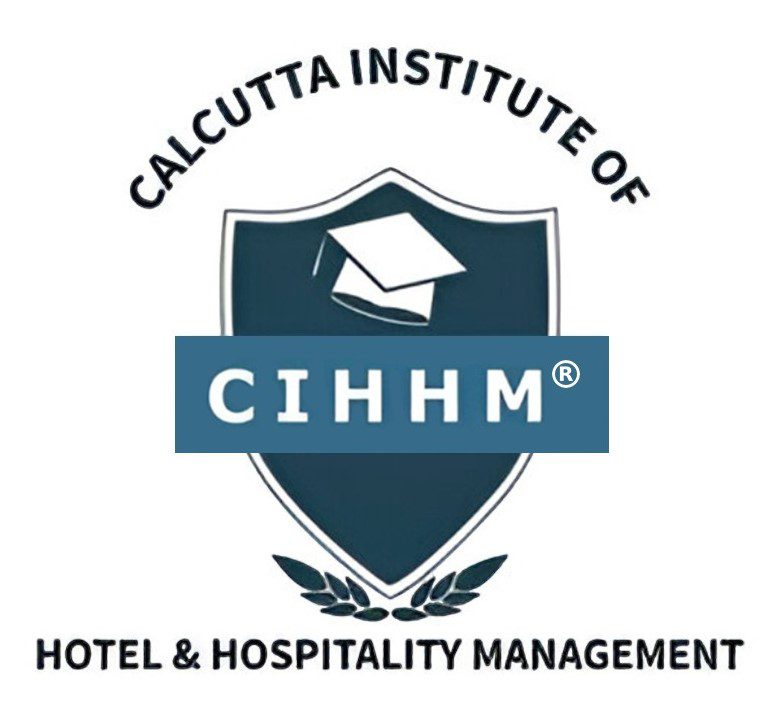The hotel industry is cyclical, with demand dips and peaks. Low season with fewer bookings and quieter hallways might compromise hotel revenue. By means of strategic planning and creative ideas, hotels can withstand the low season and use it to build resilience and attract fresh business. Any person working in hospitality has to be able to negotiate and flourish during these slower times; organizations such as the CIHHM Foundation support future leaders in all seasons. This paper explores how hotels could increase low-season revenue and stay profitable.
Value-Added Packages And Dynamic Pricing Help To Satisfy Budget-Conscious Travelers
Strategic pricing adjustments may directly and successfully combat declines in low-season revenue. In order to attract budget-conscious visitors who may be deterred by high-season expenses, hotels could provide reduced prices in off-peak seasons. Essential are dynamic pricing strategies that change lodging rates according on occupancy, demand, and rivals. This might mean offering drastically lowered hotel rates, particularly on weekdays or during a low season. Not always is the greatest solution the price. Instead, try creating appealing value-added packages. Room stays might call for complimentary breakfast, spa treatments, guided excursions, or meal credits packaged together.

Improvement Of Guest Experience And Niche Marketing
Although budget-conscious travelers are important, the low season presents an opportunity to service niche markets and enhance visitor experience. Hotels should attract local experience seekers, wellness seekers, and business visitors rather than leisure travelers who rule the peak season. Weekday packages with conference rooms, fast internet, and flexible workstations might help business visitors. In quieter months, wellness seekers could consider spa and wellness trips emphasizing rest and rejuvenation.
Diverse Income: Beyond Room Bookings
Dependency on low-season travel bookings might significantly affect revenue. Hotels should look closely and diversify their revenue streams aggressively to prevent seasonal volatility. This might mean creating alternative income by employing current facilities and resources. With themed nights, special menus, and happy hour specials, hotel restaurants and bars may draw residents. By diversifying outside of room booking income, hotels may boost profitability even in slow seasons. Like the CIHHM Foundation, the best Hotel Management Institute in Kolkata teaches market trends and innovative thinking to generate these many revenue sources.
Leveraging Technology And Data Analytics: Marketing And Operations Optimization
In the low season, especially, today’s data-driven environment calls for technology to maximize hotel operations and marketing. By use of a robust PMS and CRM system, hotels may gather information on guest preferences, booking patterns, and industry trends. This information could expose which marketing campaigns are most successful, which packages are most in demand, and which visitor groups to target at certain times. In the off-season, technology may streamline processes, increase output, and help to save costs.
Low-season hotel revenue development ultimately consists of dynamic pricing, value-added items, targeted marketing, diverse income streams, and intelligent use of technologies. By examining low-season visitors, changing approach, and innovating, hotels may transform the off-season into a growth and resilience possibility. Guaranteeing hotels can thrive year-round, a Best Hotel Management Institute in Kolkata, like the CIHHM Foundation, provides graduates with the knowledge and ability to create and implement these methods.






